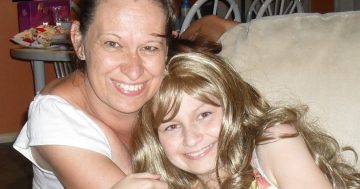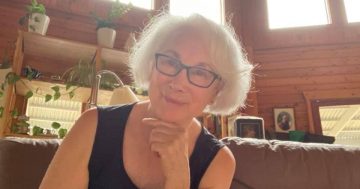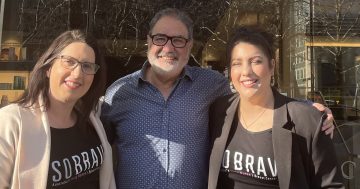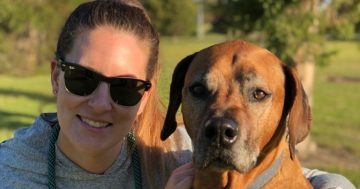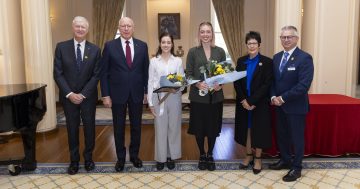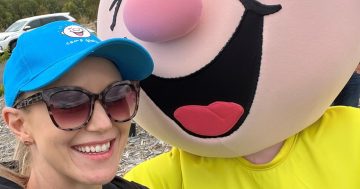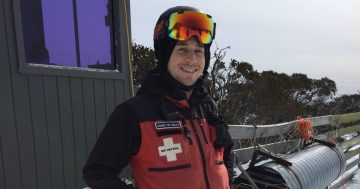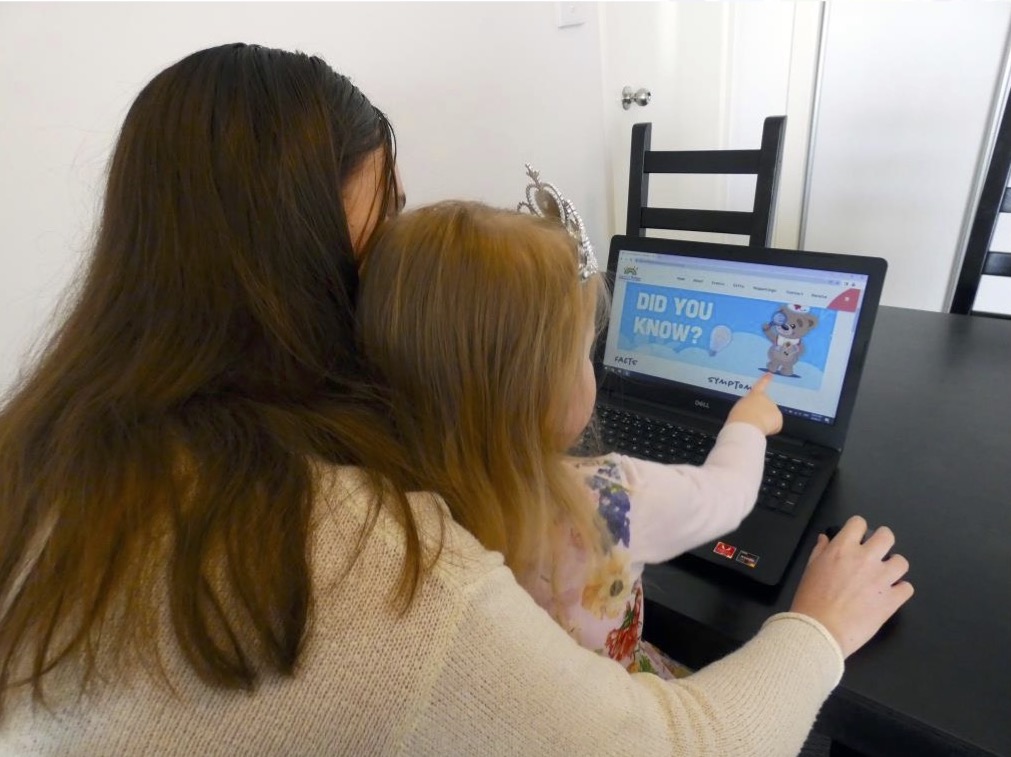
The new ‘Families’ section on the Dainere’s Rainbow website provides information to families whose children have been diagnosed with brain cancer. Photo: Supplied.
The Canberra family behind Dainere’s Rainbow has launched a new resource for families like theirs whose children have been diagnosed with brain cancer and are forced to seek treatment in Sydney.
The new ‘Families’ section on Dainere’s Rainbow website includes information on symptoms, treatment, statistics and facts, procedures, specific tumours and an A to Z of common words.
“It’s just to help other families through our lived journey,” Dainere’s Rainbow co-founder Yvonne Anthoney explains.
“You’re thrown into a world that’s so new and unknown. It’s unimaginable to start with. You’re in shock. You do feel very isolated and very alone.”
Yvonne says these feelings were exacerbated by having to travel to Sydney to treat her daughter Dainere‘s medulloblastoma, a type of cancerous brain tumour.
“We were one day at the paediatrician’s office and Canberra Hospital for an MRI, and the next minute, we knew we were going to be flown to Sydney, and that was it,” she says.
“Our family were just thrown into a very frightening situation and one where we couldn’t be close to home. Myself and Dainere were in Sydney for almost 12 months.
“It’s looked at as Sydney’s not that far away, but when you’re in the situation of a child being diagnosed with any serious or life-threatening illness, it is a long way.”
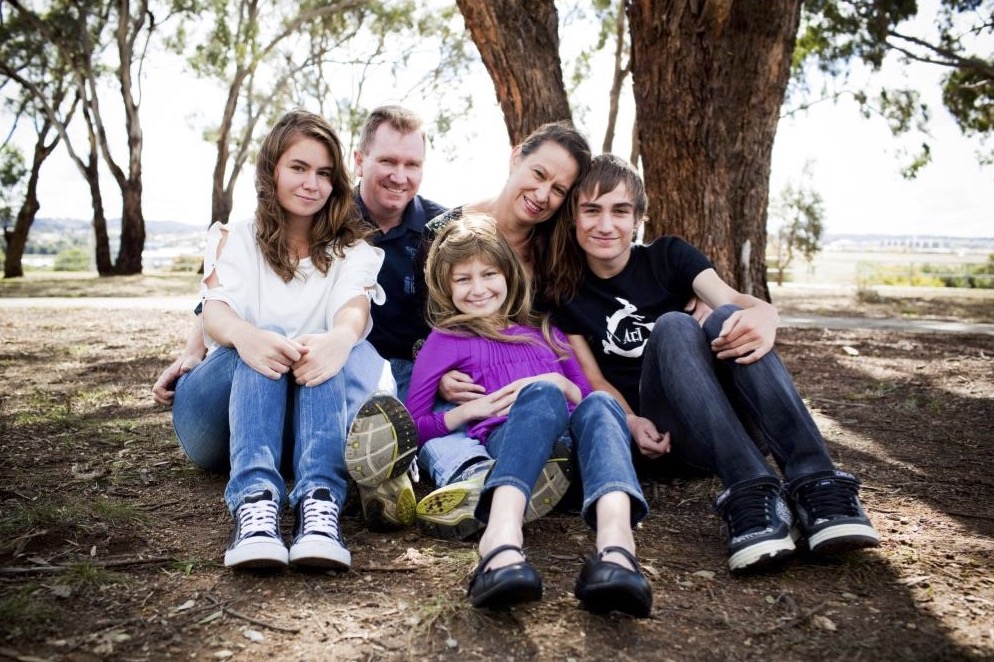
The Anthoney family (from left to right), Nalani, Steven, Dainere, Yvonne and Jarrett. Photo: Supplied.
Dainere died at 15 at home in Canberra in 2013, despite undergoing surgery and aggressive treatments in Sydney after her cancer diagnosis in 2009.
“She couldn’t be with her friends or siblings. She couldn’t be in her own bed at home. We weren’t allowed to come home on weekends either,” Yvonne says.
“She felt alone, too. She emailed people, she wrote letters and spoke to people on the phone, but it’s not the same as having those people close to you.”
Yvonne says this separation also impacts other family members. “Parents have broken up because of it, so we’re very fortunate that didn’t happen,” she says.
“If you have other children, you want life to be as normal as possible for them, particularly when they’re older and they’re in important years at school.
“You can’t just pick up and move to Sydney, particularly if you’re renting a place in Canberra. You’re living two different lives.”
Canberra families whose children are diagnosed with brain cancer today still have to travel to Sydney for tests, treatments and recovery.
Yvonne says although she doesn’t think Canberra will ever have dedicated facilities to treat childhood cancer, there is still room for improvement in other areas.
In 2016, two Canberra families, including Yvonne’s, successfully lobbied the ACT Government for a paediatric palliative care nurse to be based in Canberra.
“They still work with the Sydney Children’s Hospital network because a lot of care is in Sydney,” she explains.
“We continue to work with her in Canberra to try to get some other programs going to assist families who are going through palliative care here.
“Even in the bereavement side of things, there’s nothing that’s child-related bereavement in Canberra. That comes from Sydney as well.
“There just needs to be more children’s services here in Canberra, and they are lacking a lot, particularly for serious illness.”












